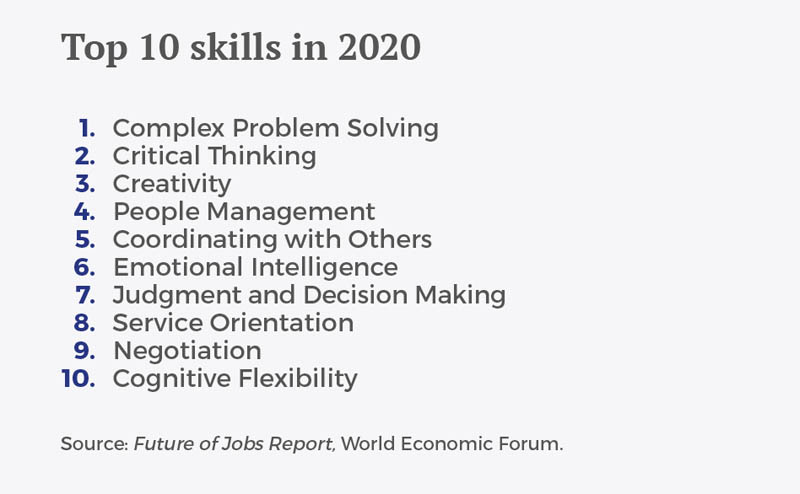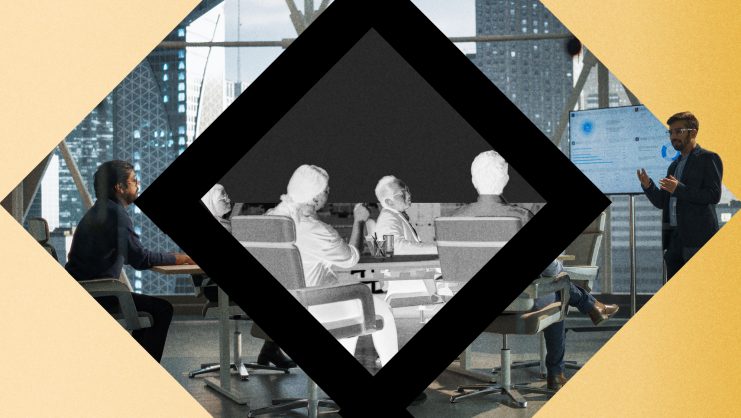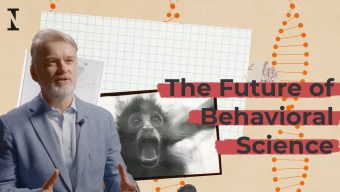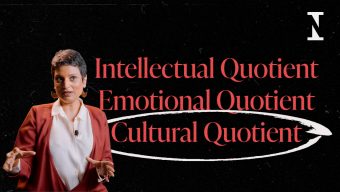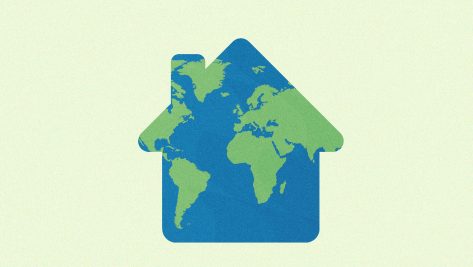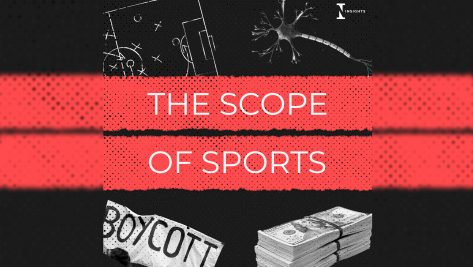Leading in uncertain times such as the COVID-19 crisis requires more understanding and care than leading in somewhat unexpected but familiar contexts. As the pace of events ramps up, it becomes more and more difficult to absorb changes as they arise. This challenge demands the parallel use of multiple intelligences, most importantly emotional intelligence.
While we were busy analyzing the challenges posed by new technologies and seeking the right balance between philosophy and science to guarantee technological progress while preventing the destruction of our species, the universe suddenly delivered a stark reminder: we humans cannot completely control anything that happens.
Life is your ability to adapt, survive, and turn your attention to things that you had stashed away and forgotten.
Resolving paradoxes
As long as we approach these paradoxes with our usual linear thought process—everything that happens is a consequence of a prior effect—we can remain calm, secure in our knowledge that the world continues to turn like a well-oiled machine: wake up, take the kids to school, go to work, hold meetings, have lunch, pick up the kids, take the dog for a walk, make dinner, go to sleep… and wake up again.
In this familiar and unremitting flow, we are all part of a whole. But then the universe rears its head, reminding us that we are mere particles, susceptible to disruption by other particles in unforeseen and uncontrollable ways, even as we proudly herald the arrival of the singularity—the moment when artificial intelligence will surpass human intelligence.
That’s when life reminds you that it is more beautiful than you ever realized. It jolts you awake, snaps you out of your perpetual day-to-day routine, gives you a reality check, and reminds you that you are here to do more. Much more. Life is your ability to adapt, survive, and turn your attention to things that you had stashed away and forgotten. Enjoy this time with your loved ones, and with yourself; test your capacity for self-improvement; reconnect with forgotten skills; rediscover and strengthen yourself.
In these times of great anxiety, we need leaders who can help us digest our uncertainty without choking on it. With a positive attitude, care, and discipline, such leaders can guide us individually through the stages that follow any major shock: denial, which turns to anger, which—with luck—gives way to a bitter sadness, and then fades into serene acceptance, before you finally move on, stronger and wiser than before.
Dystopian reality
At a time when the hybridization of technologies—artificial intelligence, the Internet of things, 3D printing, virtual reality, deep learning, big data, and more—is poised to propel us into a dystopian reality, it is hard to believe that a miniscule organism, replicating itself at exponential speed, is capable of inflicting critical damage on the vital continuum we had grown accustomed to.
In this unrelenting dance of paradoxes, we slip from the control and supremacy of technology towards the possibility that a tiny microorganism could wipe out the human race. It should come as no surprise that people seek refuge in sciences such as philosophy, psychology, anthropology, and various Eastern disciplines, focused as they are on understanding human nature and assuaging our desire to know what is going to happen. We are drawn to philosophy for its ability to point our minds towards what really matters; to psychology for its fundamental understanding of human behavior; and to Eastern practices such as Vipassana meditation for their focus on accepting things as they are.
The skills recognized by the World Economic Forum as necessary to lead the fourth industrial revolution in 2020 are the same skills we need today.
Human capacities
Against this backdrop, it becomes clear that the skills recognized by the World Economic Forum as necessary to lead the fourth industrial revolution in 2020 are the same skills we need today, in our immediate surroundings, to calmly lead our people through the coronavirus challenge:
- Develop your critical thinking skills, which will help you decide what information to pay attention to and what to ignore. Don’t let rumors and fake news fruitlessly stoke your fear.
- Find ways to keep boredom at bay. Adjust your schedule to this new reality and your limited space. Use humor to spread enthusiasm and positivity to your entire family. This is an intrinsic part of creativity—the skill that sets us apart from all other living organisms.
- Spend some time thinking about solutions to anticipate the complex economic reality that awaits us in the short term. This is a part of your number-one skill: complex problem-solving.
- Show that you are capable of coordinating with others swiftly, confidently, and without fear of new technologies, regardless of your age, your prior knowledge, and the type of device you use.
- Amplify your emotional intelligence to absorb fear without sowing distrust. Help those around you to work towards accepting this new reality.
- From the few options available, calmly select the one best suited to the moment. Show how to weather difficult times with patience and steadiness. By doing so, you will be modeling the skills of judgment and decision-making.
- Playfully encourage new ways of thinking to develop the cognitive flexibility you will need to keep going.
- Resolve differences by reaching agreements or compromises, while avoiding arguments and disputes. This is the key leadership skill of negotiation.
These skills make up a toolkit that anyone can use to develop leadership capacity, since human nature helps us grow in the face of adversity.
Related article: “Leadership and the Social Essence of Human Beings”.
© IE Insights.




